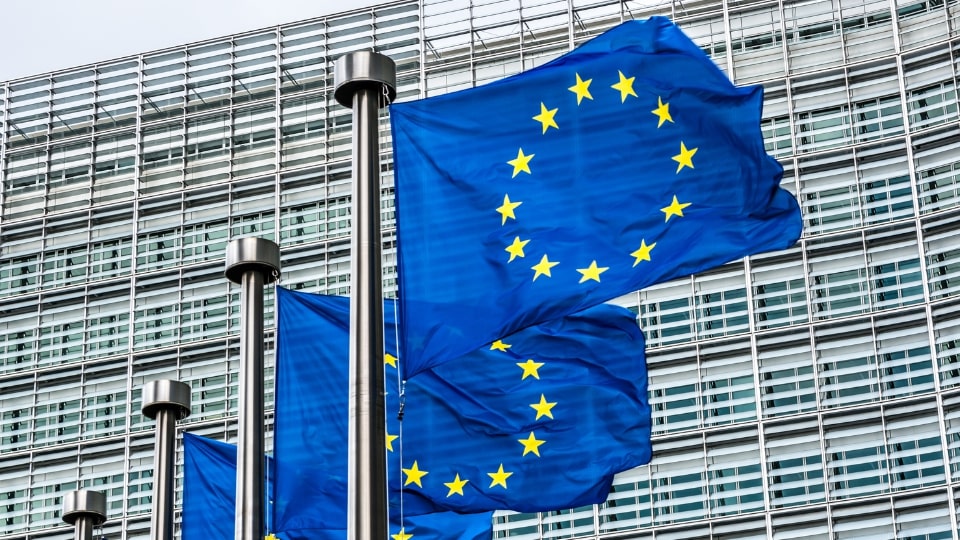
We dive into the initiatives that are helping pet companies to achieve sustainability goals amid increased regulatory pressure.
Sustainability initiatives by companies in the pet industry are taking a variety of forms – from accounting for greenhouse gases or seeking accreditation for their efforts, to improving products or making pet toys out of recycled materials.
A closer look
When Anne Klein, Director of Member Services at the Pet Sustainability Coalition, looks at the latest trends in sustainability in the pet industry, she sees 3 things prompting companies to be more environmentally friendly and accountable. “This is a trend that’s being driven in part by consumer demand, in part by regulation and in part by the investment community, which is incorporating due diligence,” she explains to PETS International.
Regulations promoting sustainability like Extended Producer Responsibility (EPR), which makes producers more responsible for the treatment and disposal of the products that they sell, are well established in Europe, and some US states have begun to follow suit.
Changing consumer demands
Those regulations have prompted many companies to look more closely at questions such as how the products they produce and their packaging can be recycled. This is something that new consumers are demanding as part of their changing buying habits. For example, British company Tangle is making dog leads out of recycled fishing nets. Meanwhile, West Paw is making its Seaflex dog toys out of zogoflex plastic and reclaimed ocean-bound plastic.
“Whereas perhaps a decade ago the baby boomer generation cared about sustainability but maybe wasn’t necessarily prepared to pay more for it, their children are now influencing their purchasing decisions and they are beginning to pay more for sustainable products as well,” points out Klein.
Refillable containers
One of the steps companies in the pet industry can take to be more sustainable is to sell things like dry pet food or cat litter in bulk and encourage consumers to bring their own refillable containers, says Lisa Ramsden, a Senior Campaigner with Greenpeace in the US.
In Europe, Mars Petcare France has partnered with the supermarket chain Carrefour and implemented a new system so that pet parents can buy treats and food using their own containers. This initiative is part of the company’s goal of making 100% of its packaging reusable, recyclable or compostable by 2025. So far, the service is available in a store 20 km from Paris. PETS International has learned that the company expects to extend this system to more locations nationwide. Last year, Mars joined The French National Pact on Plastic Packaging established by the Ministry of Ecological and Solidarity Transition.
Recycling
Meanwhile, Walmart has recently launched community recycling hubs that accept a variety of products, including pet food packaging, in 3 stores in the US states of Arkansas and Oklahoma. Shaye DiPasquale from TerraCycle, which is working with Walmart on these pilot projects, says they have collected 680 pounds of pet food packaging so far. The recycling company has also reached deals with some other companies in the US and Canada allowing consumers to return their pet food packaging by mail using a prepaid shipping label.
Eco-friendly packaging
Pet food packaging producer Mondi set up its own recycling laboratory last summer, to test various paper and paper-based packaging to determine whether it can be efficiently recycled. “While paper packaging offers many sustainability benefits, it also has certain barrier functionality limitations for products like perishable food. To enhance its functionality, non-paper components such as barrier coatings may need to be added, which in turn can impact recyclability,” a company spokesperson says.
Lisa Ramsden warns that, while some companies have realized consumers are looking for greener and more sustainable products, not all are delivering on their promises. “It’s very easy for some companies to slap some buzzwords onto their packaging to say that it is eco-friendly or non-toxic. But if they don’t provide a lot of explanation for what those terms mean, it can really mislead consumers,” she says.
Such an approach is not without risks. In 2021, 4 major US retailers – Target, PetSmart, Petco and Chewy – ended up paying $1.8 million in settlements reached with a California district attorney’s office following allegations of ‘greenwashing’ for misleading the public over the biodegradability of the dog-waste bags they were selling.
The latest articles

How pet parents will shop for their pets this Christmas
A new survey takes the pulse on holiday shopping trends in the UK, including popular categories and average spending.

General Mills’ pet portfolio posts negative performance
Both revenue and net sales dropped by 4% in the last quarter amid less demand.

Negotiations of new EU rules on sustainable packaging to kick off in 2024
The Council and the Parliament will start the legislative process to design regulations regarding the packaging and packaging waste proposal put forward by the European Commission last year.
Weekly newsletter to stay up-to-date
Discover what’s happening in the pet industry. Get the must-read stories and insights in your inbox.